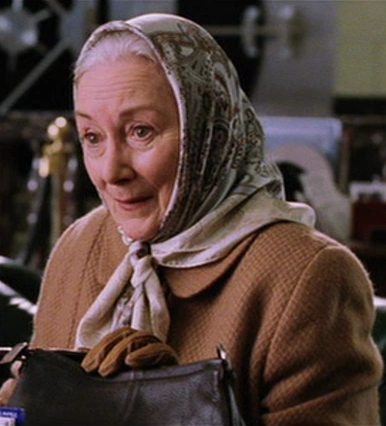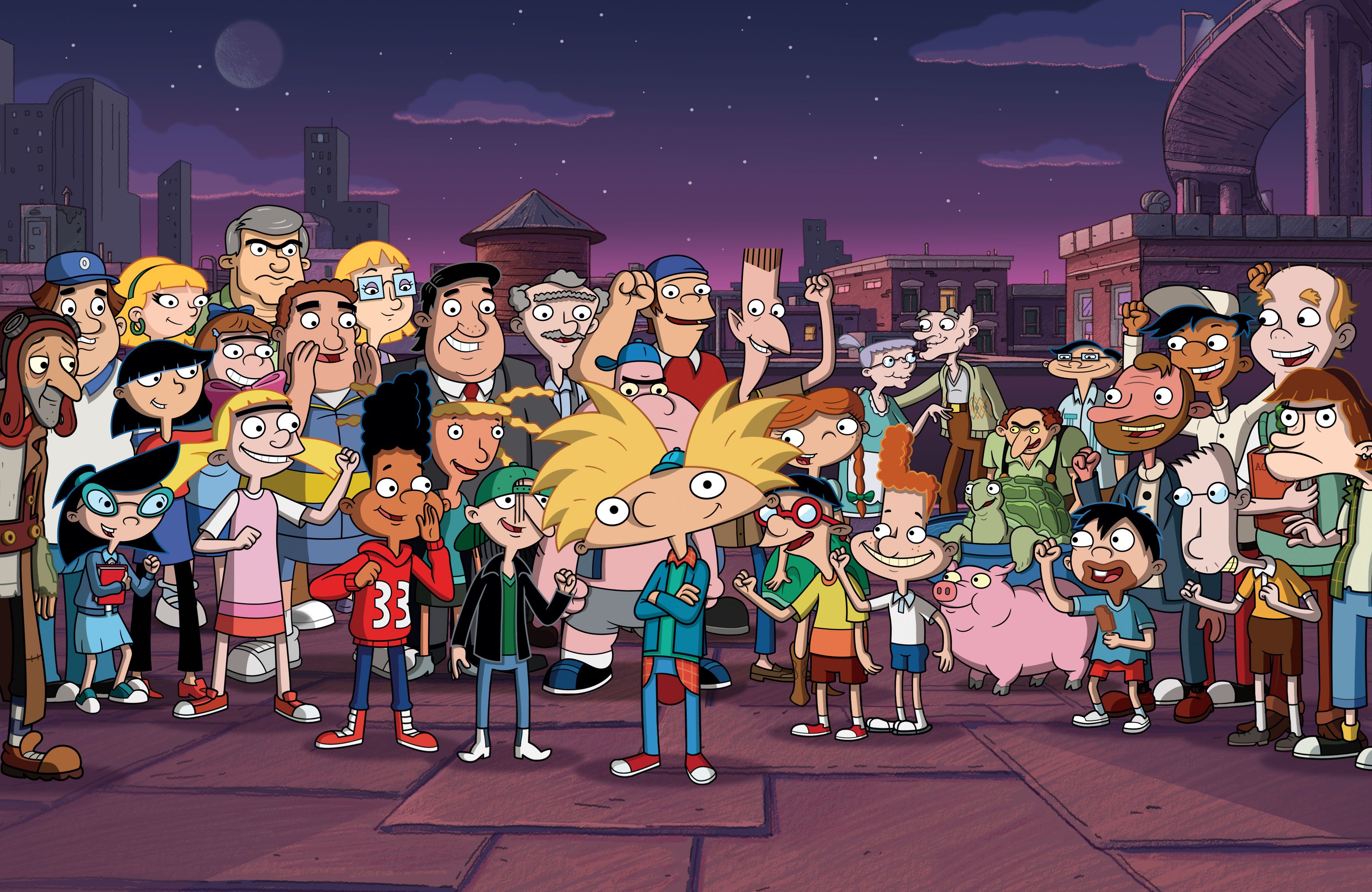Level 43: Learning to be a side character (Side Character Mentality)
Learning to be a side-character (Side Character Mentality)
There are many talks on the theory of the ego. The ego is what is rattled and offended when others admonish or challenge us. The ego is the selfish brat that screams out, “Why not me? Pay attention to me. I’m the important one.” Instead of talking about the ego, I want to delve into a recent paradigm shift called “The Side-Character Mentality”.
Let’s Play A Game, Shall We?
We are all familiar with the concept of main characters/protagonists in novels, games, or films. They have the camera work centered on their reactions, interactions with the world, and monologue/dialogue with other characters. I see strong resemblances of the ego theory with this main character perspective: “I am the only one who has gone through hardship.”, “I am struggling with this obstacle.” There is a predominant focus on the “I” and how the main character will overcome their challenges. However, the main character in most literary works does not an island. Even in the movie, Cast Away, you have a lovable side character in Wilson. Let’s turn our attention on the side character.

Background Noise
Who are the side characters, typically? Side characters are usually plot devices or play a certain role to advance or impede the main character. Think about Aunt May in Spiderman, whose main role is to serve as a motherly figure and professional chastiser to Peter Parker’s antics.

How about all these other characters that are not the football head (Arnold) in the middle? Who are they? Do they even have names?

Now that we’ve found our target examples, what is it about side characters that is so fascinating? Doesn’t the very fact that they are side characters mean that they’re not important?
Why do you even want to be the main character?
Being a side character brings a lot of meaning and fulfillment to life. It is an often understated vocation and is a lesson that is frequently learned late in life, if at all. But instead of doling out statements and arguments about why I believe a side character mentality leads to a better life, let me ask you a question. Why do you want to be the main character?
Is it because you have never known any other way of being? Does it come easily to you?

Do you really {spoilers} want to travel across the entire world to cut off your finger and sail off into eternity? Do you want to live with the all-knowing fear of an evil deity searching for you with his army to desecrate your body? Do you want all your friends to turn on you and live in darkness for the better part of a year?
I don’t know about you, but that’s a strong pass from me.
Reflections on Main Character Life
You see, being a main character is hard. Not everyone is cut out for it, and most times, they fail. I’m not saying to give up, but to think again before embarking on that journey. You know, we all have personal biases. We always think we’re the exception to the rule, and that this time, I will win the lottery. Sounds a lot like wishful thinking.
Being a main character is to always look at furthering your own self-interests. Sometimes, you may look to help your friends, neighbours, coworkers, but those times are merely a respite from your own adventure. Slowly but surely, you’re headed towards your ultimate goal.
I’m here to challenge that thinking. What if, instead of only helping others when you have time, you look at the world through the eyes of a side character?
Side Character Mentality
The side character mentality is a lesson in humility. It is the antidote to the venomous ego. There are three important factors that significantly contribute to this healthy mentality:
- Think of yourself less.
- Advance and support those around you.
- Serve meaningfully.
In parenting, this kind of thinking develops naturally (at least one should hope). You are no longer the center of the universe because you can’t afford to be. There’s a tiny human that relies on you to survive. They are the main character now and you have to support them in any way that you can. You owe it to them.
This mentality extends beyond parent-child relationships. I believe this frame of thinking can be extremely useful with difficult people in our lives. Certain people might be hard to interact with, but if you try your best to understand their main character perspective, you can see yourself in their light. I get it, it isn’t fair and other people’s shortcomings are other people’s shortcomings. But with this side character mentality, I can see a lot of potential good to be gained.
Benefits
You lose the pressure of having to always be the hero. You can act more deliberately and intentionally. You grow in virtue, obedience, and discipline. You learn to love in different ways.
Caveats
Do not be mistaken. Living a side character does not mean that you allow yourself to be taken advantage of, or to allow for abusive relationships. I am advocating for such relationships with people you trust deeply and faithfully.
Conclusion
Although I’m still a jumble of thoughts, I wanted to write down my initial exploration of the side character mentality. There is a lot more to discover and I hope this article can provide valuable insight and perspective into the lives of others.
